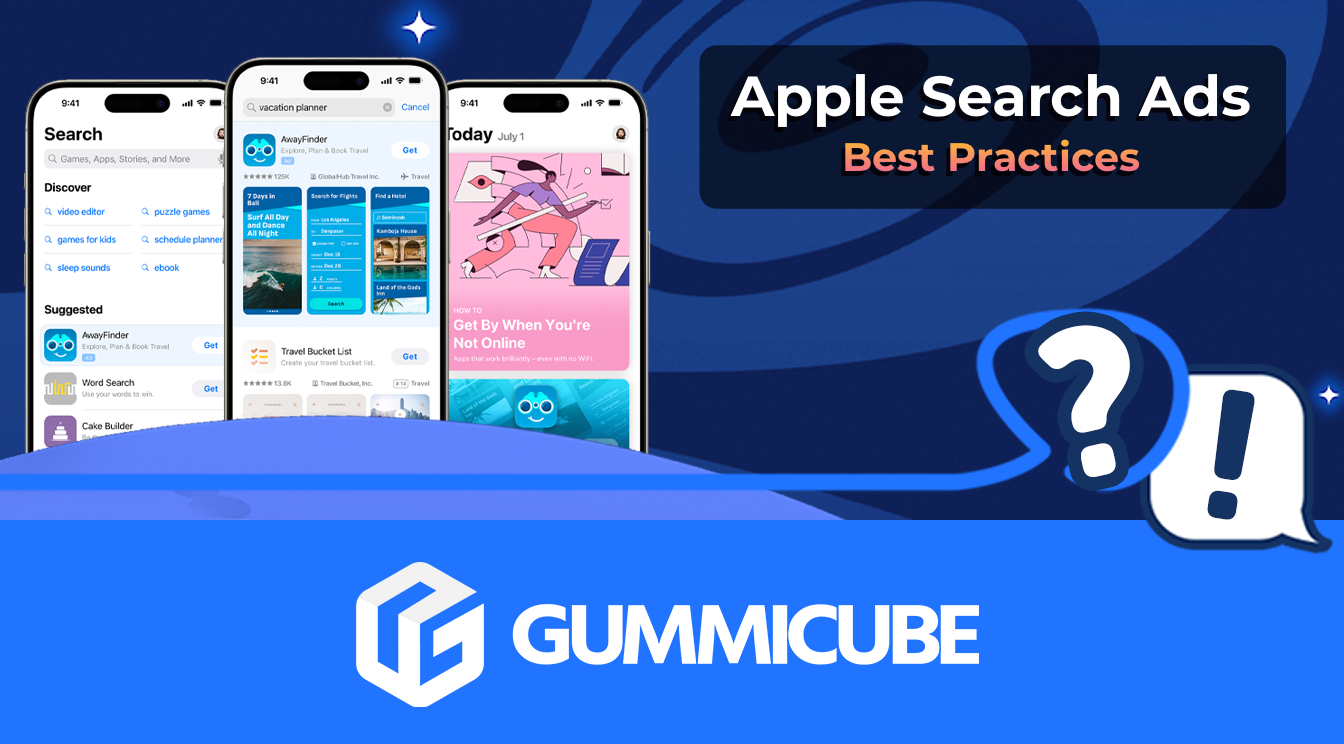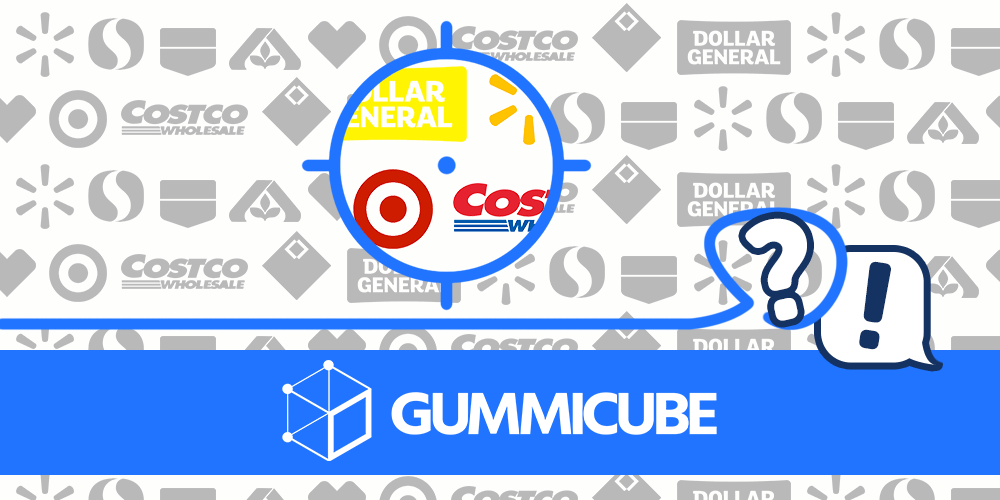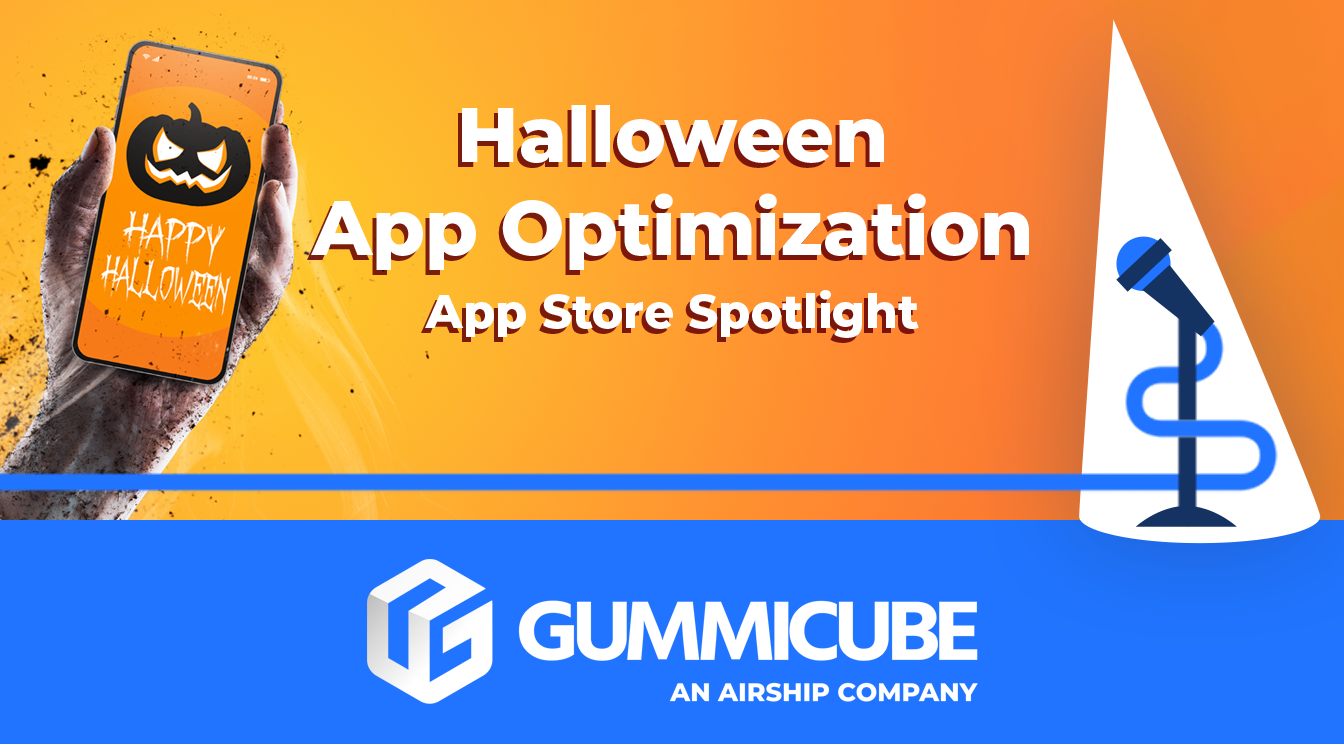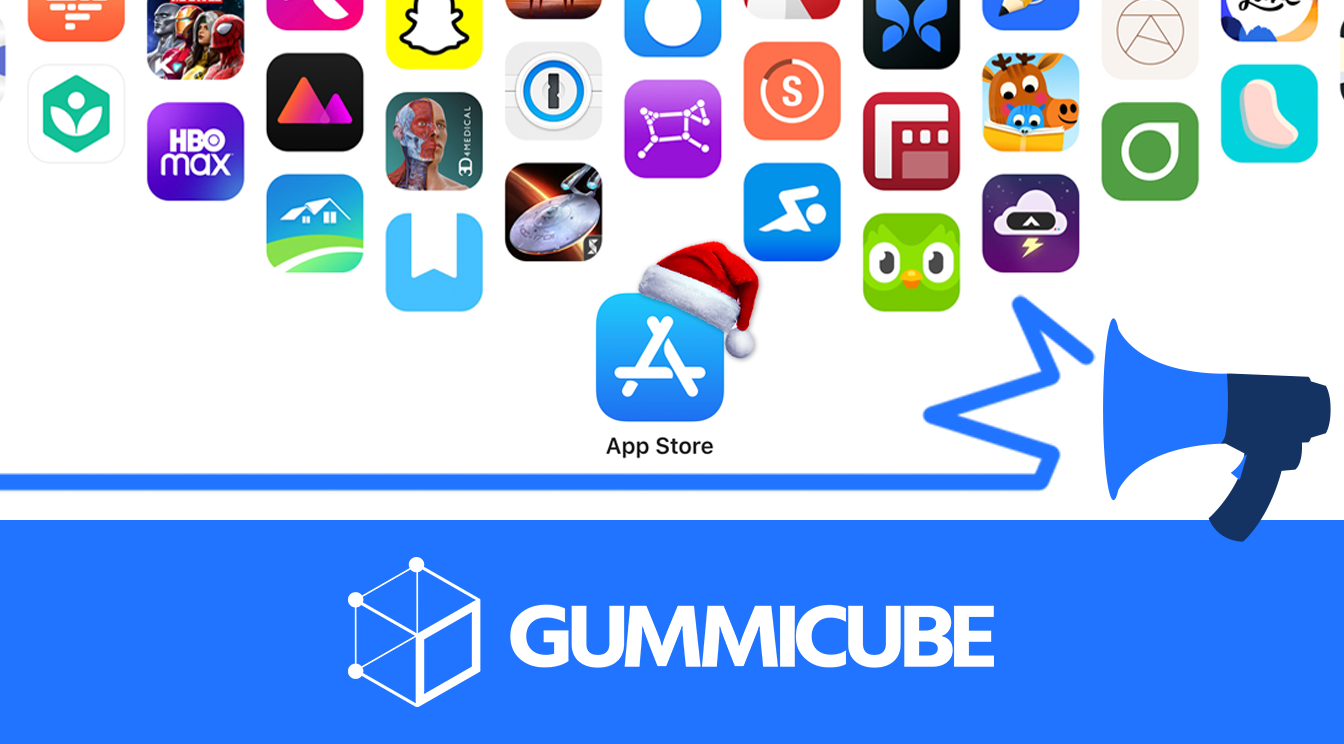
5 Best Practices for Apple Search Ads
Posted on July 3rd, 2024
Are you leveraging Apple Search Ads the right way? Take a look at these recommendations to optimize your paid campaigns and target the right users.

Apple Search Ads has proven to be a successful way to reach new potential users on the Apple App Store. It boasts a conversion rate of around 50 percent and a cost per acquisition of under $1.50, making it an efficient and cost-effective advertising tool. Apple continues to roll out new updates and expansions, including new territories and creative sets, so Search Ads will continue to expand. Search Ads is part of a strong App Store Optimization strategy. By targeting relevant keywords, it can help ensure reaching a wide and interested audience. Like with keywords, Search Ads can even be used to target specific brands. Is it a good idea to target a competitor’s brand when you’re bidding on Search Ads? There are benefits and downsides to such a strategy, as well as missteps you’ll want to avoid.
Targeting a competing brand can be beneficial for app developers looking to move in on established markets. By using a competing brand as a keyword for Search Ads, developers can piggyback off the traffic that an established and popular app draws. Users searching for that competitor by name will also see the ad for your app, building recognition and appearing as a viable alternative. Additionally, targeting a direct competitor ensures your app will reach a relevant audience. Users searching for an app will typically be intending to download it, so if they need the features it offers, appearing as a viable alternative can draw in new users. Targeting specific brand names also drives much more traffic than targeting terms or keywords. Out of the top 25 keywords people search for in the App Store, the vast majority of them are brand names. In the top 10 every single one is a brand. While non-branded keywords begin to grow in usage the wider the range grows, even the top 100 keywords are composed primarily of branded terms. As such, targeting a brand will typically mean targeting a more popular keyword than another term. Essentially, targeting a top-ranking competitor in Search Ads means targeting the top spot for the keyword.
While targeting brands through Search Ads may seem like the best choice, there are some potential drawbacks. Because brand names tend to be high-volume keywords, there will be plenty of other apps competing to target it. In this vast app ecosystem, there are countless competitors for any high-volume term – competing for the highest value spot may prove futile. Similarly, high competition will lead to higher bids for the Search Ads spots. This can lead to a higher cost per install (CPA), cutting into profits and wasting advertising dollars. When targeting a competing app, it’s essential to also organically index for the keyword and related phrases. Search Ads are designed to appear on relevant searches, so if your app is not appropriately relevant to the competitor, it will do you no good.
Is there a way to get the pros while avoiding the cons? It can be done, but only with careful research and consideration. Is the app you’re targeting relevant to your own? If they’re not relevant enough, it will not index properly or reach a relevant audience. Is the competitor brand a keyword people are searching for? While the top keywords are all brands, not all brands are top keywords. If there is a relevant, non-brand term that people are searching for over the competitor’s name, your marketing dollars would be better spent targeting that term. Make sure it has search volume in both the App Store and Search Ads. Be sure not to start off spending too much at once. Check your impressions and CPT to determine if you’re getting the most out of your marketing expenses; adjust as needed until you find the right balance. Targeting a competitor with Search Ads could result in reaching an interested and relevant audience or in competing with too many other apps to be viable. It’s important to know your audience and your competition, then you can launch an optimal Search Ads campaign.

Are you leveraging Apple Search Ads the right way? Take a look at these recommendations to optimize your paid campaigns and target the right users.

Ghostly happenings are among us... and in your app listing too? If you aren't leveraging the power of app seasonality to make relevant tweaks to your store listing you're leaving precious engagement and conversions on the table.

Developers on the iOS App Store should plan in advance of the upcoming Holiday Schedule to allow enough time for apps to get approved during the busy holidays.